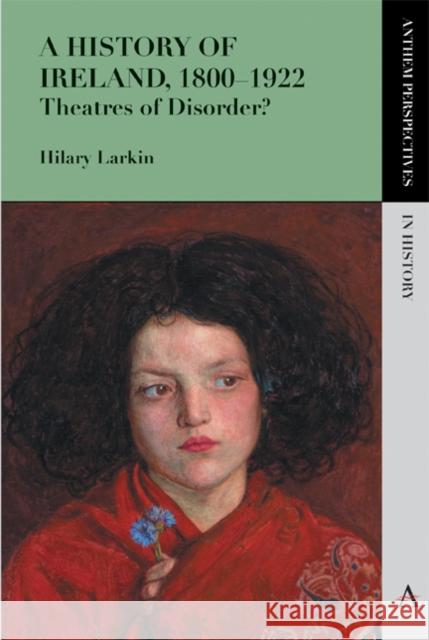A History of Ireland, 1800-1922: Theatres of Disorder? » książka
A History of Ireland, 1800-1922: Theatres of Disorder?
ISBN-13: 9781783080366 / Angielski / Miękka / 2014 / 340 str.
There is no lack of sensationalism in the period of Irish history 1800-1922. Large dramas played themselves out in small places. The last subsistence crisis of Europe would be enough to justify this judgement, but there is more: endemic levels of violence, the formation of the first state police force in the history of Britain, republican militancy, tithe and land wars, socialist protest, armed insurrection, war and civil war pockmark the era. The history of Ireland, particularly in its relationship to the imperial power of Britain, has been fraught to say the least. The so-called 'Pax Britannica' never became a genuine 'Pax Hibernia'. However, such an account needs to be balanced against other stories that emerge from the period. Ireland had its own 'Victorian' era and a more benign revolution in social mores, technology, communication and transport. Many features of twentieth-century political and social practice were then established: a system of public health, factory inspection, primary education, ordnance survey mapping, civic improvement and census taking. Sporting, musical and cultural traditions knew an intense phase of development. Moreover, Irish leaders and many of the middle-classes adapted to the Union's constitutional arrangements and successfully exploited it to their advantage. In 1922, both north and south Ireland did inherit a certain institutional stability from the Union era. Both of these stories need to be told together to reflect the recent scholarship on all areas of modern Irish history. This book is a historiographical synthesis, providing readers with an understanding of the nature of current arguments and debates about a past that is neither dead nor, in many ways, even past.











